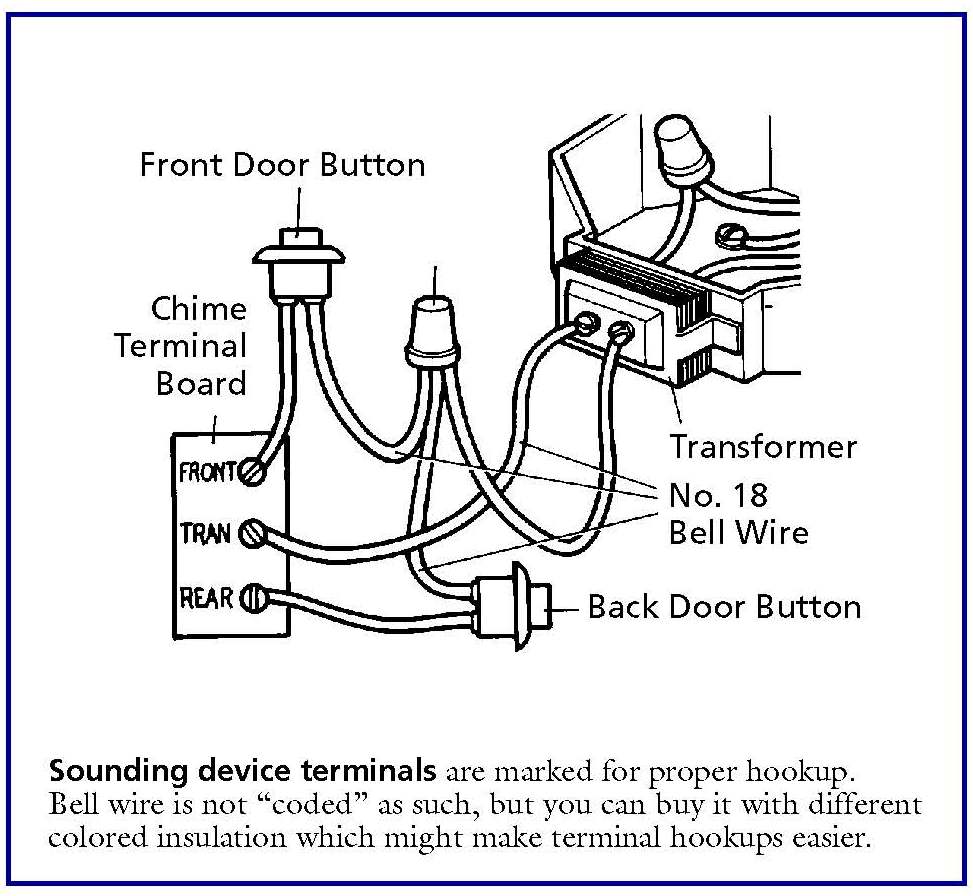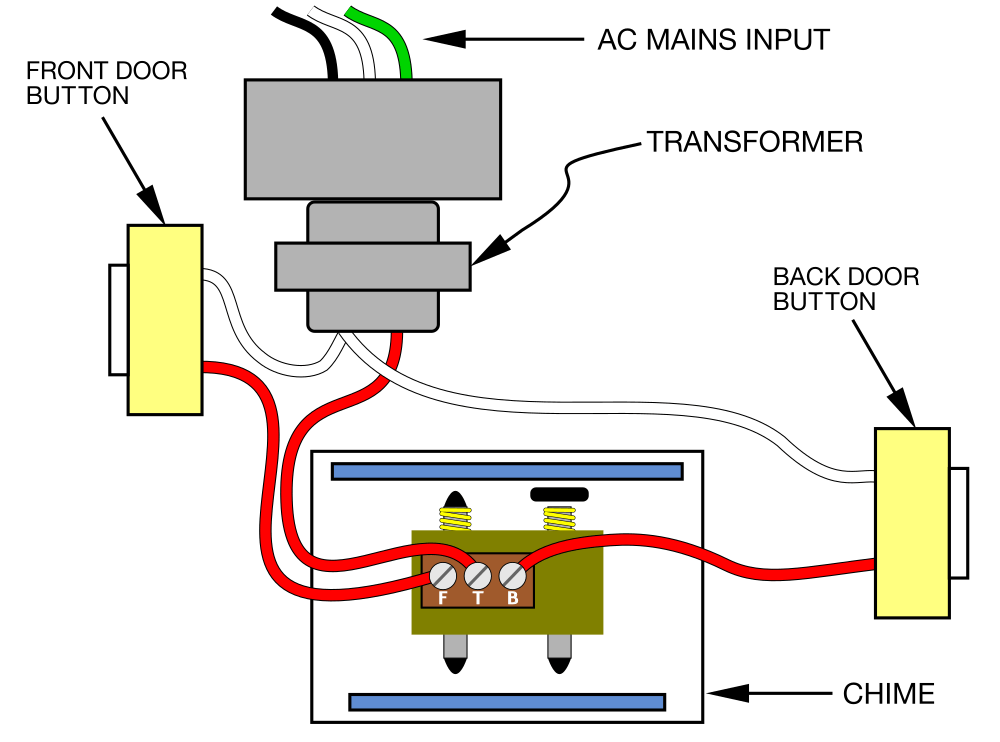That familiar *ding-dong* is more than just a sound; it's the announcement of a visitor, a package, or a friendly neighbor. But what if your doorbell chime is more of a *buzz-zizzle* or worse, silent? A new doorbell chime and transformer installation can revitalize your home's auditory welcome, and it's a project surprisingly within reach for many homeowners.
The seemingly simple act of pressing a doorbell button triggers a chain of electrical events. The button completes a circuit, sending a low-voltage signal to the transformer. This transformer steps down the household voltage to a safe level for the chime, which then produces the sound. A malfunctioning chime or transformer can interrupt this process, leaving you unaware of guests or deliveries. This guide explores the world of doorbell chime and transformer replacement, providing you with the knowledge to tackle this project confidently.
Doorbells have evolved significantly since their invention. Early doorbells were mechanical, relying on levers and bells. The introduction of electricity revolutionized the system, leading to the development of electro-mechanical chimes and transformers. Today, we have a wide array of chime options, from traditional ding-dongs to customizable melodies and even smart doorbells that integrate with home automation systems. Replacing your doorbell chime and transformer allows you to benefit from these advancements, improving both functionality and aesthetics.
Before embarking on a doorbell chime and transformer upgrade, it's crucial to understand the components involved. The transformer, typically located in a utility room or basement, is the heart of the system. It converts the standard household voltage (120V in North America) to the low voltage required by the chime (usually 16V or 24V). The chime itself houses the mechanism that produces the sound. Choosing the correct transformer voltage is critical for proper chime operation. Mismatched voltage can lead to a weak or non-existent chime sound, or even damage the chime itself.
A modern doorbell system often includes a button, chime, and transformer. The button initiates the signal, the transformer adjusts the voltage, and the chime generates the sound. Upgrading these components can improve the reliability and sound quality of your doorbell system. This upgrade involves replacing both the existing chime and transformer, ensuring compatibility and optimal performance. New doorbell chime and transformer installation not only fixes existing issues but also offers an opportunity to modernize your home's entrance.
One benefit of installing a new doorbell chime and transformer is improved reliability. A new transformer ensures consistent power delivery to the chime, preventing intermittent or weak sounds. A new chime eliminates the risk of mechanical failures common in older units. For example, replacing a buzzing chime with a new one restores clear, consistent sound.
Another advantage is enhanced sound quality. Modern chimes offer a wider range of tones and melodies compared to older models. You can choose a chime that complements your home's aesthetic and personal preferences. For instance, upgrading to a chime with adjustable volume allows you to customize the sound level to your liking.
Finally, a new doorbell chime and transformer can increase home safety. A reliably functioning doorbell ensures you're alerted to visitors, preventing missed deliveries or potential security risks. A clear, audible chime is especially important for those with hearing impairments. Replacing a faulty doorbell system provides peace of mind and enhances overall home security.
Advantages and Disadvantages of New Doorbell Chime and Transformer Installation
| Advantages | Disadvantages |
|---|---|
| Improved Reliability | Initial Cost |
| Enhanced Sound Quality | Time Investment for Installation |
| Increased Home Safety | Potential for Wiring Issues |
Replacing a doorbell chime and transformer typically involves turning off the power, disconnecting the old components, connecting the new chime and transformer to the existing wiring, and testing the system. It's recommended to consult a qualified electrician if you're uncomfortable working with electrical wiring.
In conclusion, a new doorbell chime and transformer installation offers a simple yet effective way to improve your home's functionality, aesthetics, and security. By understanding the components, benefits, and installation process, you can confidently undertake this project and enjoy the clear, welcoming sound of a revitalized doorbell.
How To Install Doorbell Wiring - The Brass Coq
Ring Doorbell Wire Diagram - The Brass Coq
Wiring A Doorbell Chime - The Brass Coq
Install New Doorbell Wiring - The Brass Coq
How To Tell If Doorbell Wire Works - The Brass Coq
Install Doorbell With Transformer Diagram - The Brass Coq
DIAGRAM 24 Volt Doorbell Transformer Wiring Diagram - The Brass Coq
Doorbell Wiring Old Split Level House - The Brass Coq
How To Wire A Doorbell Transformer And Chime - The Brass Coq
Wiring A Doorbell System - The Brass Coq
Doorbell Chime Wiring Diagram - The Brass Coq
Wiring Diagram For Doorbell Transformer - The Brass Coq
How To Wire A Doorbell Transformer And Chime - The Brass Coq
Wiring Ring Doorbell Pro To Digital Chime - The Brass Coq
24 Volt Doorbell Transformer Wiring Diagram - The Brass Coq













